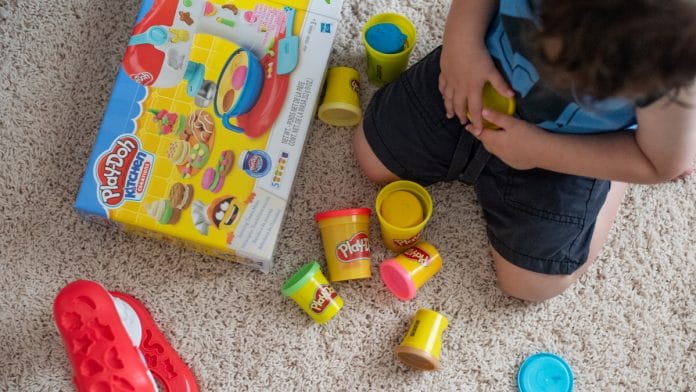Tokyo: The trade war is changing the landscape of toyland, with Hasbro Inc. accelerating plans to shift away from China in favor of new plants in Vietnam and India.
The world’s largest publicly traded toymaker, which has licenses for popular franchises such as “Frozen” and the “Avengers,” said U.S. goods produced in China could drop to about 50% by the end of 2020, from just under two-thirds currently.
“We’re increasingly spreading our footprint and adding new geographies for production globally,” Chief Executive Officer Brian Goldner said on a conference call to discuss second-quarter earnings. “So we feel very good about where we’re going.”
Hasbro is the latest company changing its strategy amid heightened tensions between the U.S. and China. There are growing signs that the global supply chain, long reliant on China as the factory for the world, is being permanently transformed. Some multinationals including Intel Corp. are reviewing their production plans, while others are already speeding diversification to spread risk as widely as possible.
Goldner said China continues to be a high-quality, low-cost place to make toys, and “it will continue to be part of our global network in a major way,” according to the transcript of the call. Nonetheless, Hasbro said it’s already seen disruption because of trade worries.
Chief Financial Officer Deborah Thomas said some retailers briefly paused direct import orders from manufacturing locations during the second quarter as they watched the trade situation. Last year, 35% of Hasbro’s U.S. and Canada revenue was delivered through such direct imports. It expects the percentage to decline this year, forcing Hasbro to take on more imports itself.
If tariffs were to come into play, Hasbro would expect an impact in the fourth quarter, Thomas said.
“We’ve done the work and are prepared to address tariffs if they happen, but continue to believe they would be very disruptive to our business and consumers in the near term,” she said on the call. – Bloomberg
Also read: US-China trade war truce shows Trump prefers business over Cold War






